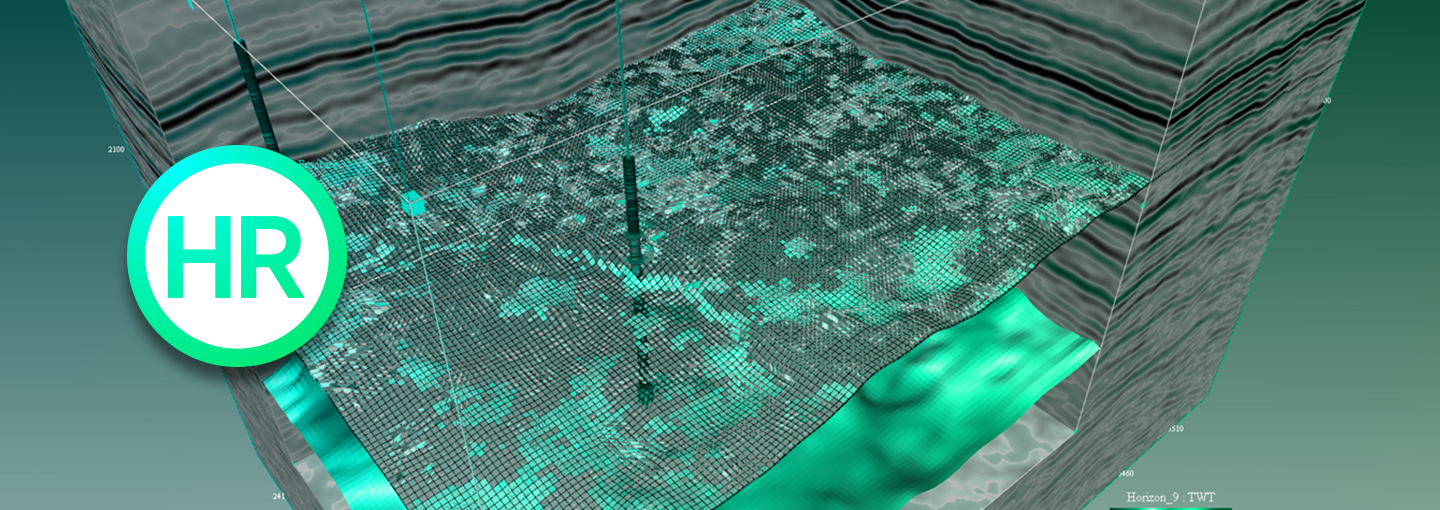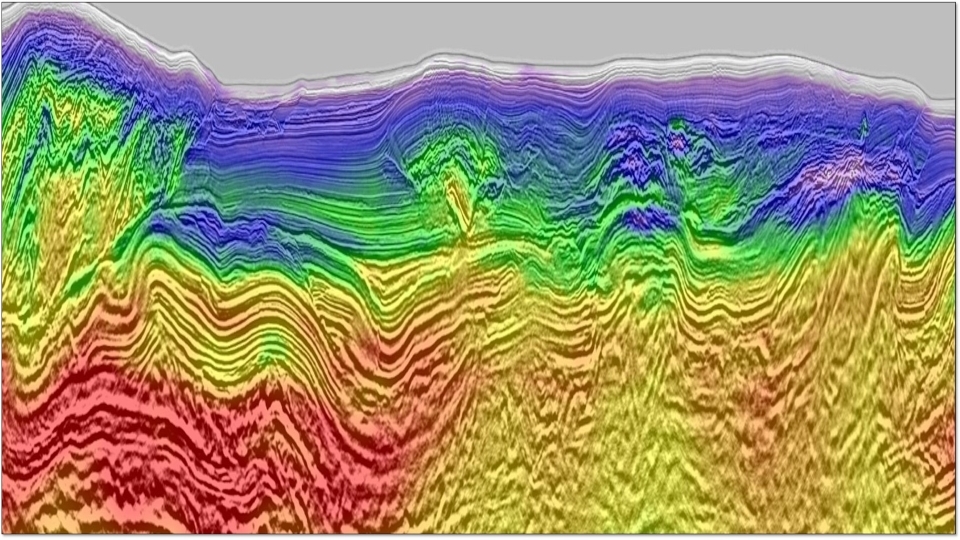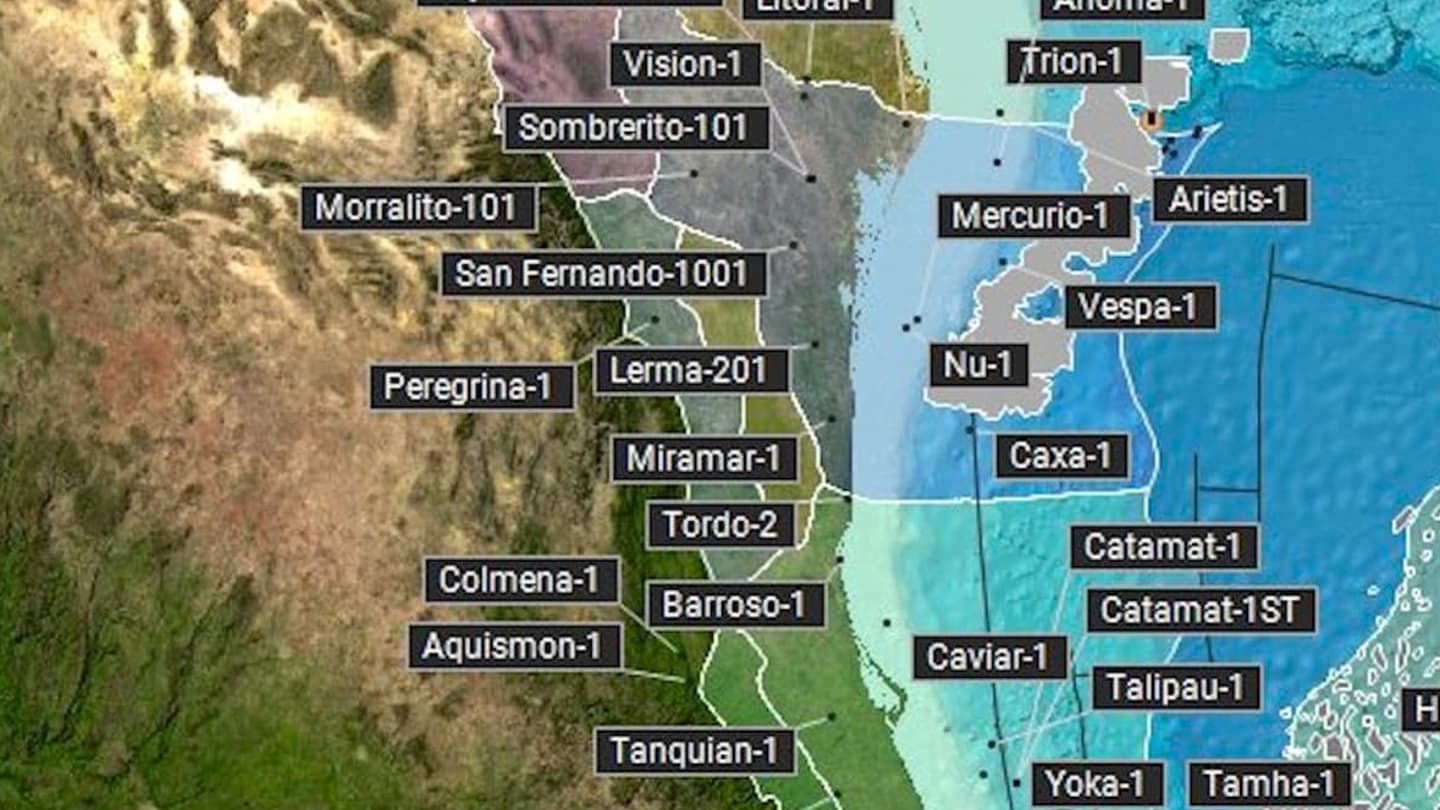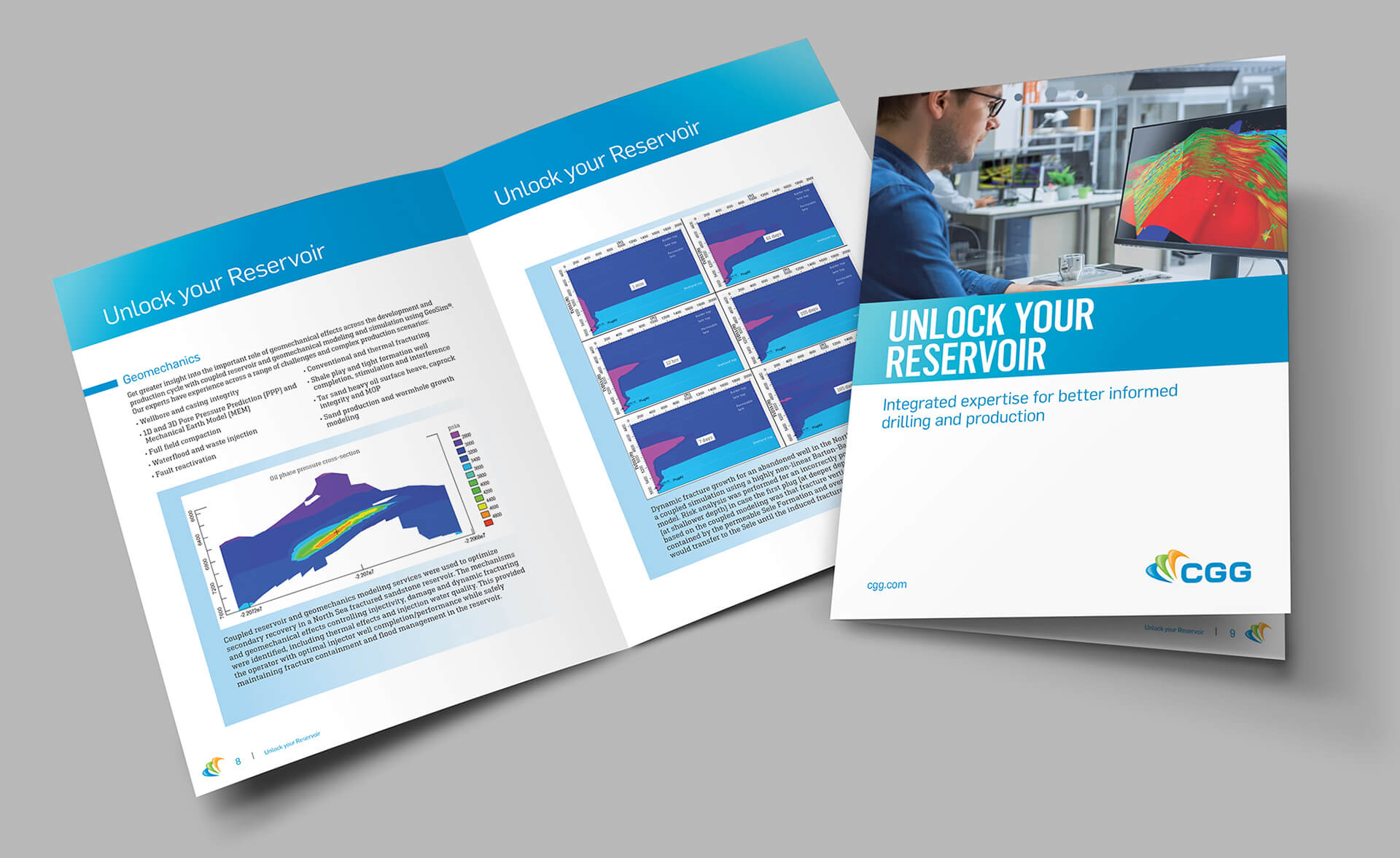Seismic Data Conditioning, AVO Modeling and Analysis, and Inversion for Reservoir Characterization

Register Here
Learning Objectives
Upon completion of this course, participants will grasp key aspects of the concept, workflow and benefits of predicting fluid and rock properties and estimating uncertainties for a better understanding of the reservoir.
Audience
Anyone interested in understanding the theory, workflow and optimal way to integrate reservoir properties into accurate and predictive models.
Content
Day 1 – Data Conditioning
- Random and coherent noise attenuation
- Residual NMO and gather alignment
- Amplitude correction
- Frequency and bandwidth
- Phase distortion
- Trace organization and conversion
- 4D seismic conditioning
- Common offset/angle Azimuthal Gathers
Day 2 – AVO Modeling and Analysis
- Introduction: Basic seismic wave principles, Poisson's ratio, gas saturation, Biot-Gassmann equations, and lithologic examples
- AVO Theory: Zoeppritz's equations, Aki-Richards and Shuey's approximation, elastic wave modeling, and impact of anistropy
- AVO Analysis: AVO attribute volume generation and considerations, processing concerns, interpretation of AVO measurements, classification of AVO responses, AVO crossplotting and polarization, and examples from published case studies
- Emphasizes practical AVO examples from a number of regions around the world
- Explains both the advantages and potential pitfalls of the AVO method
Day 3 – Deterministic Inversion using Strata
- Introduction: Convolutional models, wavelets, reflectivity and noise
- Theory: Recursive, sparse-spike, model-based and colored inversion. Pre-stack methods of Elastic Impedance and Lambda-Mu-Rho
- Analysis: Seismic and wavelet processing, amplitude recover, noise attenuation and imaging
- Practical: Examples of band-limited, sparse-spike and model-based inversion
- Includes pre-stack Simultaneous Inversion
Day 4 – Geostatistical Inversion using GeoSI
- Introduction to inversion methods – deterministic and stochastic.
- Log correlation and Model Building on both seismic and stratigraphic grids
- Basic stochastic inversion theories: Sequential Gaussian Simulation, Bayesian Stochastic inversion and GeoSI inversion theory
- Correlation and Variogram modelling
- Facies classification theory
- Stochastic lithology prediction
- Stabilizing the results
- 3D visualization
Duration: 3 1/2 days
Software used: HampsonRussell AVO, Strata, GeoSI
Course Format: Instructor-led, workflow-based, virtual classroom
Instructor(s): Shervin Rasoulzadeh
Prerequisites: None
Number of Participants: 8-10
Price:
US $3,000.00
Events Calendar
Meet our experts and learn more about the products, technology and services CGG offers at these events.
No events found, please search again.








